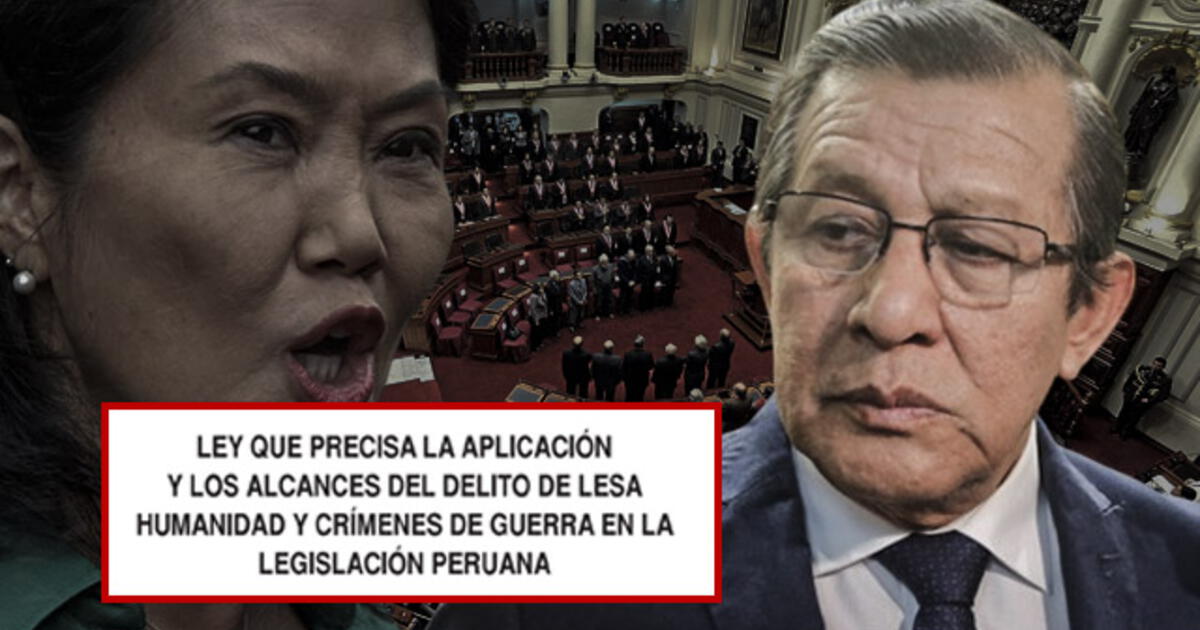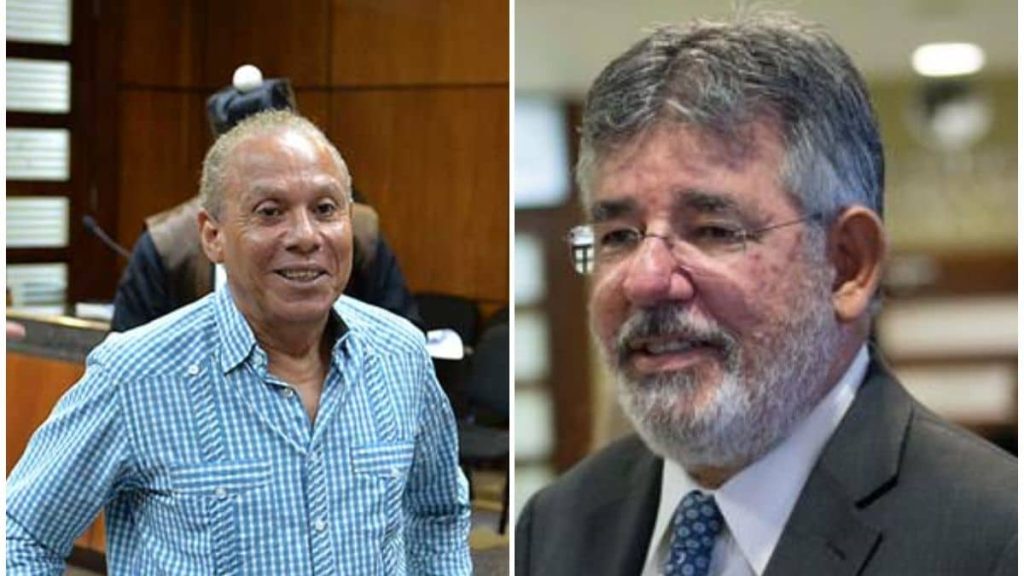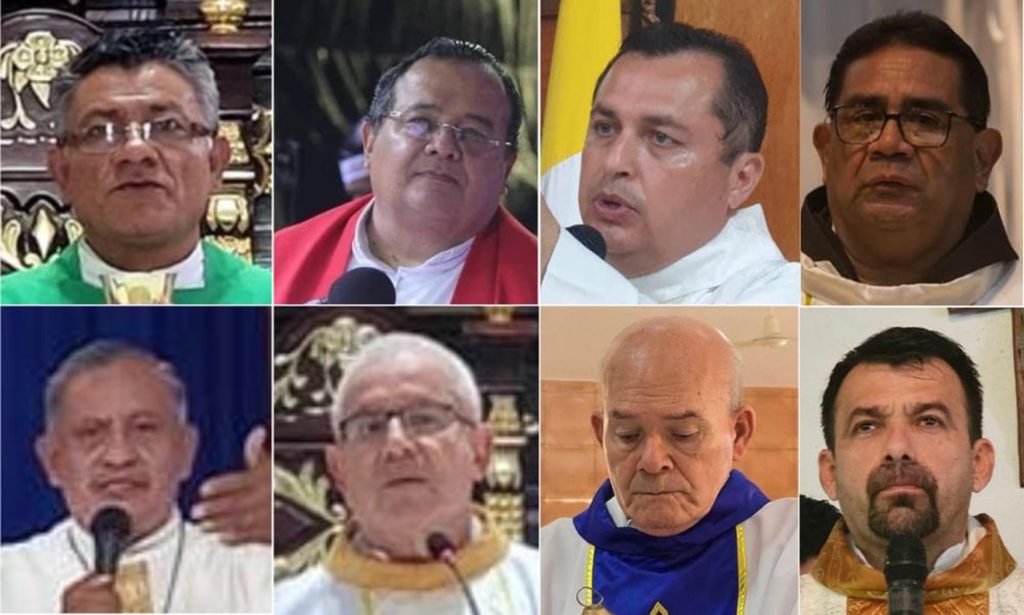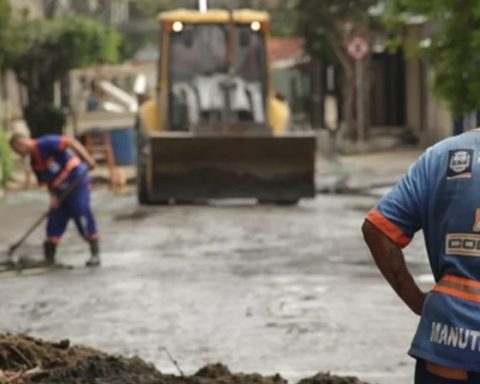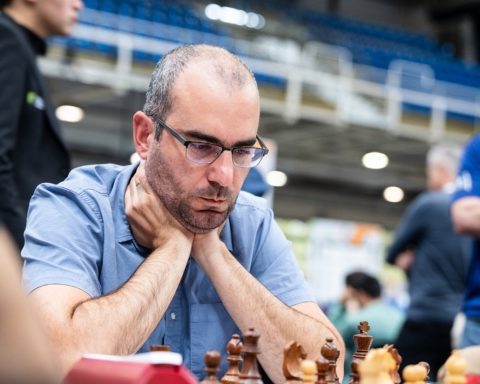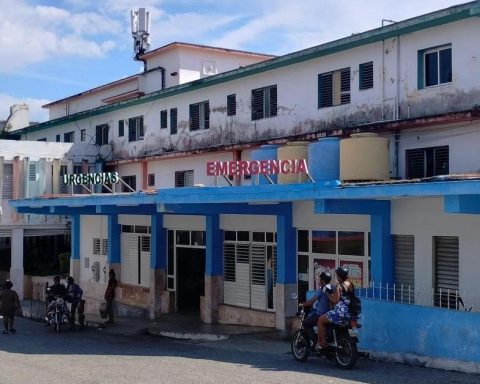The promulgation of the impunity law for crimes against humanity committed in the 1980s and 1990s has generated rejection from the international community and also from Peruvian civil society organizations that have publicly urged the administrators of justice not to comply with this norm promoted by Fujimorism.
From the international arena, one of the strongest voices against this law comes from the High Commissioner United Nations Human Rights Council, Volker Turk.
“I deeply regret that a law is going to come into force in Peru that establishes the statute of limitations for war crimes and crimes against humanity committed before July 2002. The law contravenes the country’s obligations under international law”, commented from Geneva.
He High Commissioner Volker Turk warns that this law arises “in a broader context of setbacks in human rights and the rule of law in Peru.”
“Crimes against humanity are among the most serious violations of international law and should not be subject to amnesties or statutes of limitations. Those responsible for atrocity crimes must be held accountable, in accordance with international law,” he stressed.
The Austrian expert points out that the lack of accountability for the crimes committed endangers the rights to truth, justice, reparation and guarantees of non-repetition of thousands of victims of serious violations in Peru.
The Public Prosecutor’s Office has estimated that six hundred the processes that are at risk due to this law promoted directly by Fuerza Popular, the party led by Keiko Fujimori.
The approval and promulgation of the law was possible thanks to the political complicity of Alianza Para el Progreso, led by César Acuña, and other groups that function as satellites and voted in favor, such as Avanza País and Renovación Popular.
The Executive Branch also played a leading role in favor of impunity, since President Dina Boluarte avoided seeing the autograph.
The hour of the judges
Yesterday, nine specialized civil society organizations Peruvian authorities issued a statement protesting the Peruvian authorities’ disregard for the Inter-American Court of Human Rights, which had ordered the country to refrain from promoting this controversial law.
The document is signed by Aprodeh, CEAS, IDL, Demus, Comisedh, Paz y Esperanza, Fedepaz, the National Coordinator of Human Rights and the international organization CEJIL.
Faced with this new scenario, these organizations urge Peruvian judges and prosecutors not to apply this law.
“We call on the justice system (Public Prosecutor’s Office and Judiciary) so that, in compliance with international human rights standards and the vast jurisprudence of the IACHR, they carry out the conventionality control and do not apply this law,” they point out.
From Huamanga, the National Association of Relatives of Kidnapped, Detained and Disappeared Persons of Peru (Anfasep), also expressed his “strongest rejection” of the promulgation of Law 32107, which was published yesterday in El Peruano.
Members of the historic Ayacucho organization joined the “urgent call to judges and prosecutors to repeal this unjust law, exercising independence and moral duty to protect fundamental rights.”
